Skeptics told to have faith in board’s decision
By: Doris C. DumlaoPhilippine Daily Inquirer
1:58 am | Monday, December 19th, 2011
The Board of the Philippine Stock Exchange last week affirmed a plan to further extend trading hours until 3:30 p.m. starting Jan. 2 next year, as it aims to align the local bourse with regional markets.
PSE chair Jose T. Pardo told reporters Friday night that the board met last week to discuss a proposal made by some brokers who did not wish to further extend trading hours.
The PSE currently trades from 9:30 a.m. to 1 p.m. Prior to October, trading hours only lasted until 12:10 p.m.
Under the extension schedule, the trading hours will be extended further into the afternoon with a lunch break in between. On Jan. 2, trading will open at 9:30 a.m. until noon. In the afternoon, trading will resume at 1:30 p.m. and close at 3:30 p.m.
Pardo said many trading participants had signed a petition for the PSE to scrap the second phase of trading extension. Last week, they even sent representatives to meet with members of the PSE board and present their arguments.
But the PSE chairman said he advised brokers to “have faith.”
“We have to identify with the rest of the world,” Pardo said.
The PSE chairman cited his own experience as an entrepreneur when he helped set up the 7-Eleven convenience store network in the Philippines in the 1980s.
“It’s a decision we had to make. Our business model had to be 24 hours so, even without volume, we just have to be consistent with the rest of the world.”
The PSE chairman added that volume couldn’t be summoned by a “magic wand” and was instead something to work hard for.
The trading extension is intended to attract more investor interest and prepare for cross-border trading with the rest of Southeast Asia.
PSE president Hans Sicat had said that the move would align the local bourse with those in the region and should be seen as a positive signal that the local market was ready to take off.
Afternoon trading is also expected to boost liquidity as it enhances the ability of investors to react to developments in other markets in different time zones.
The stock markets of four Southeast Asian nations—the Philippines, Malaysia, Singapore and Thailand—have made plans to integrate their stock markets to turn the region into a magnet for global portfolio investments. But there’s no time-bound deadline for the integration to push through, Pardo said.
The PSE has already taken steps toward integrated regional trading with its migration to NYSE Technologies’ NSC V900 platform—an innovative trading infrastructure that boosts the product range, trading performance and volume capacity of the local bourse. The system, earlier rebranded as PSEtrade, allows PSE to handle larger trading volume and process trades 10 times faster than the previous system.
http://bit.ly/vzPFQI


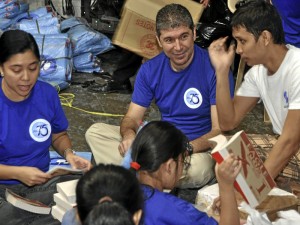
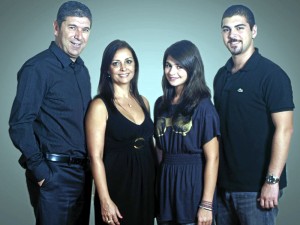

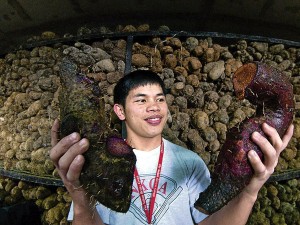
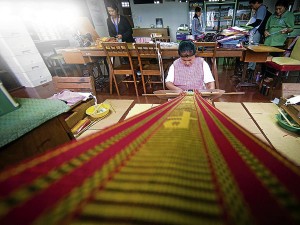
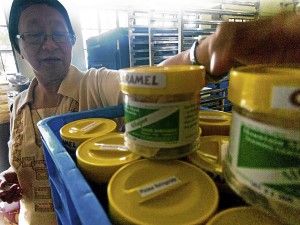
 Metro
Pacific Investments Corp. (MPIC), the locally listed infrastructure
unit of Hong Kong-based First Pacific Co. Ltd., is spending P300 million
to acquire the operator of the Cardinal Santos Medical Center in San
Juan, Metro Manila, from an affiliate company.
Metro
Pacific Investments Corp. (MPIC), the locally listed infrastructure
unit of Hong Kong-based First Pacific Co. Ltd., is spending P300 million
to acquire the operator of the Cardinal Santos Medical Center in San
Juan, Metro Manila, from an affiliate company. IN
the post-World War II years, big business and the government used to
provide three of four jobs in many countries, according to business guru
Peter Drucker. No longer.
IN
the post-World War II years, big business and the government used to
provide three of four jobs in many countries, according to business guru
Peter Drucker. No longer.
